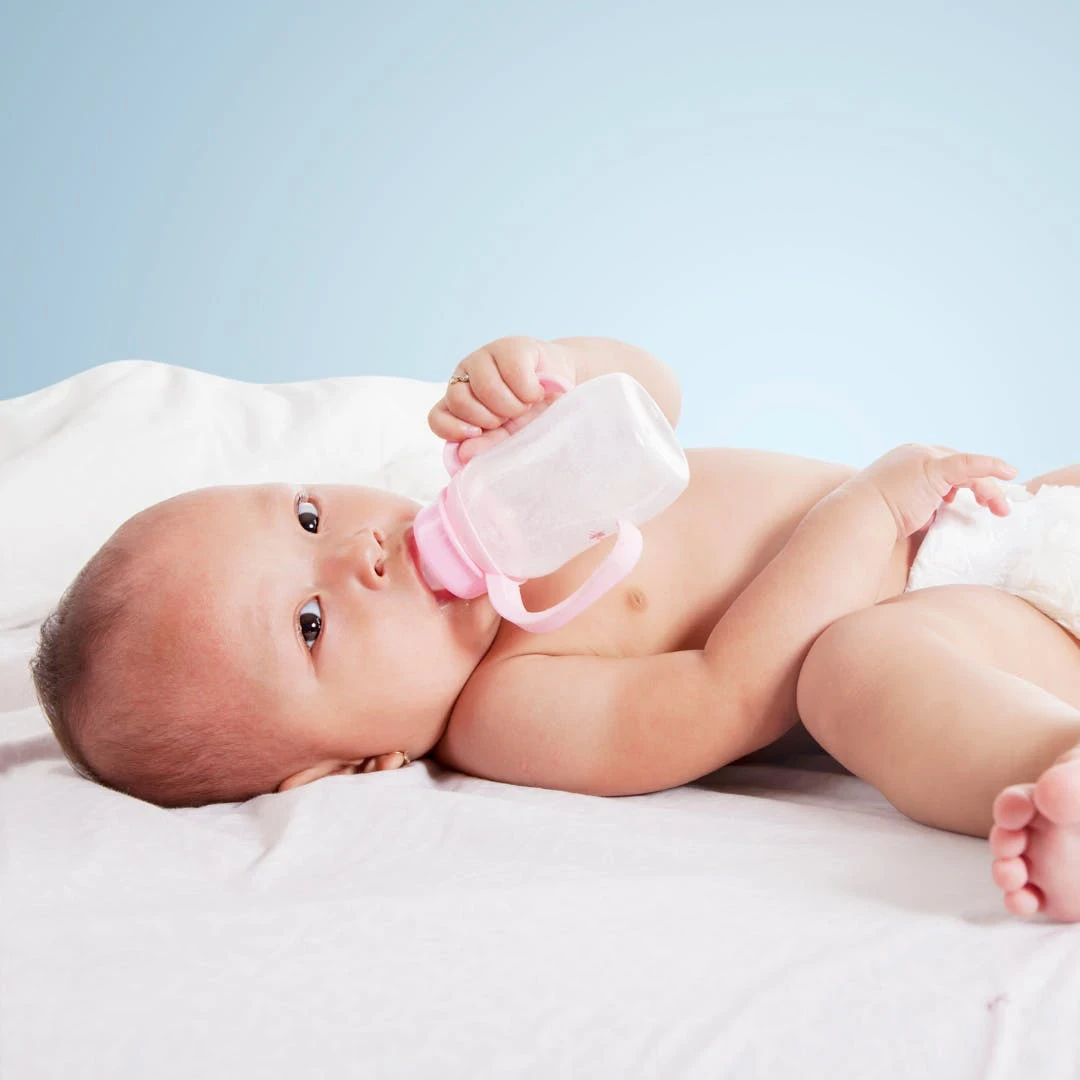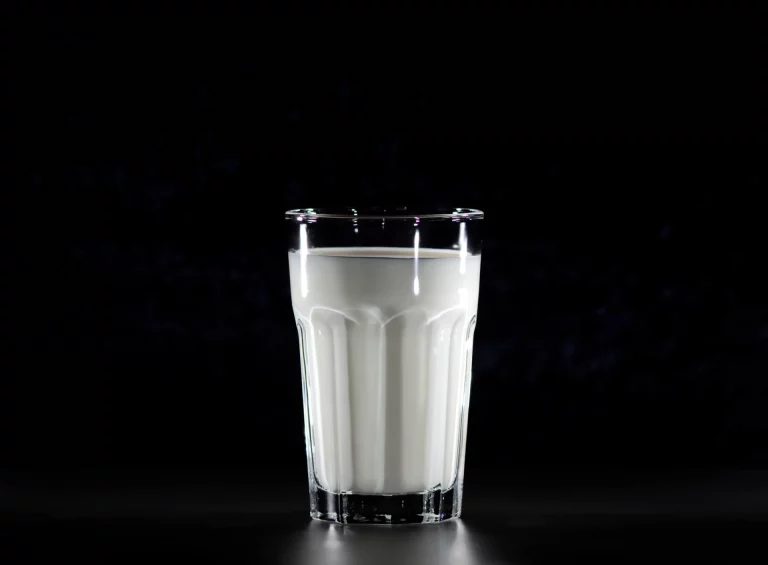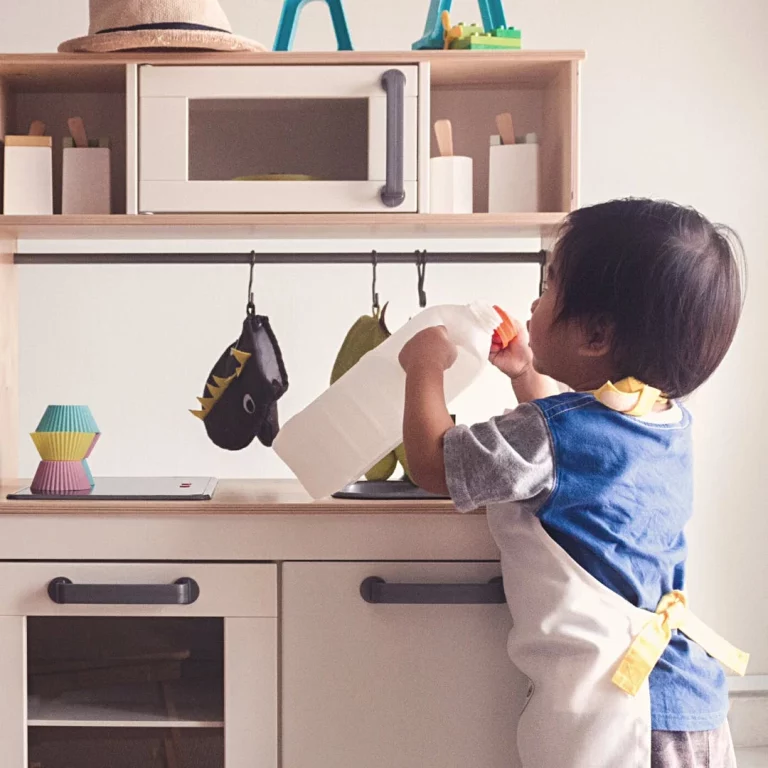Baby Formula: 5 Things You Need To Know
Many people use formula to supplement breast milk and breastfeeding, and you may also be using it as the primary source of nutrition for your child. While formula is generally very safe, there are a few very important things to know about formula before using it.
1. Ready To Feed Formula Vs. Powdered Formula
Ready to feed formula is formula that is pre-mixed and can be opened and given to your baby right away in most cases. Because it does not require preparation it is very convenient when compared to powdered formula. More importantly, however, is that ready to feed is much less likely to be contaminated with bacteria that can harm your baby. The downside is that ready to feed formula is almost always more expensive than powdered formula.
2. Boil Water For Newborns 3 Months And Younger
Due to the risk of contamination in powdered formulas, it is strongly recommended that you boil water which can help to kill any contaminants in powdered infant formula. This preparation must then be cooled in order to be safely fed to your newborn. The process is as follows: boil water, then mix hot water with powdered formula, then cool to a safe temperature for your baby to consume without getting burned. One of the most common reported contaminants is a bacteria called Cronobacter. Cronobacter can cause a life-threatening infection called sepsis. It can also cause meningitis which is an inflammation of the membranes that protect the brain and spine and there have also been reports of this bacteria causing bowel damage.
3. Proportions Matter!
Related: Signs Of Food Allergies In Babies
If you are using powdered formula it is very important that you combine the correct proportions of water and formula. DO NOT dilute infant formula as this could result in your baby getting inadequate nutrition. Follow the instructions on the formula packaging to correctly prepare the bottle for your baby with the correct proportions of powder to formula. Your baby does not need any additional water other than the exact amount that is needed to prepare powdered formula or the hydration that is already present in ready to feed formula preparations.
4. Watch Out For Recalls
There have been reports of contamination in formula and periodically the FDA will release announcements on the recall of certain formulas. It is very important to pay close attention to this so that you can immediately stop using any products that have been recalled. Cronobacter and Salmonella have been reported as contaminants in infant formula and have contributed to hospitalizations and even death in babies. You can use your search engine to set up alerts regarding this so that you are aware.
5. Use Breastmilk When Possible
If you are able to breastfeed or provide pumped breast milk to your child, it should be strongly considered when possible. Not only does breast milk have certain immune properties that aren’t found in formula, but you also do not have to worry about contaminants or mixing the right proportions, or heating and then cooling. Additionally, if you are able to directly feed your baby at the breast, then you also do not have to worry about sterilizing and cleaning bottles. And, breast milk is free! If you want to learn more about the basics of breastfeeding, you can download the free Breastfeeding Basics In 10 Minutes E-Book here.
We discuss products we think are useful to people. If you buy something through our links, we may earn a commission. Remember to check with your personal physician to see if a product recommended is right for you.








